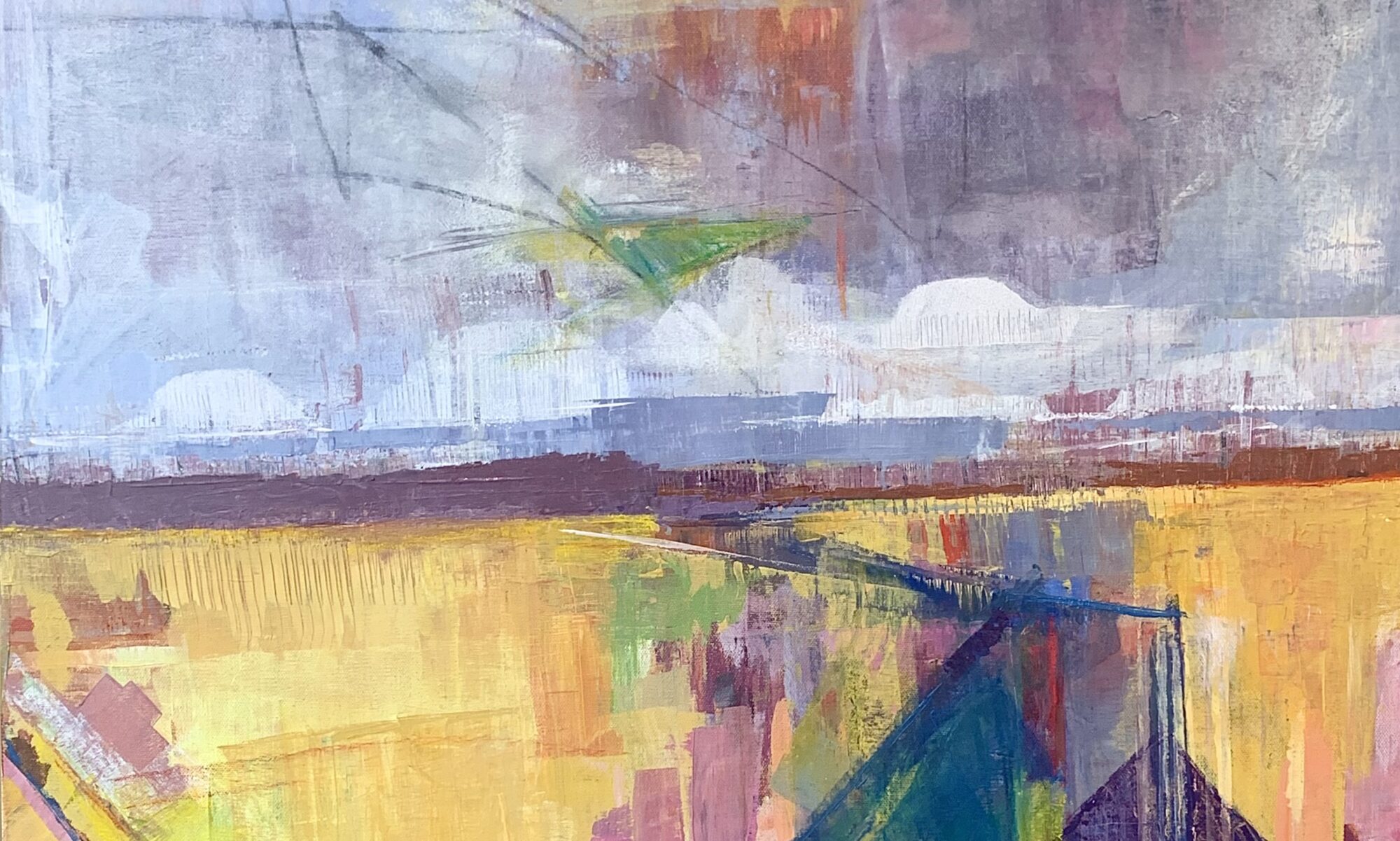I just finished reading Steven Pinker’s The Blank Slate, which is broadly about the fact that we are not blanks slates, that genetics plays a large role in who we are as humans. I was pleasantly surprised to find out that Pinker was concluding his book with a discussion about the arts. He quotes the late Denis Dutton (a favorite philosopher of mine) many times. Pinker describes how an appreciation of beauty is natural to our species for evolutionary and biological reasons. He points out that modernism and post modernism removed us from this natural approach to art and left us essentially with no where to go. Popular culture similarly makes beauty less precious and more accessible to the common man, which forces artists to reject beauty. “It is hard to distinguish oneself as a good artist or a discerning connoisseur if people are up to their ears in the stuff…..Now any schmo could have beautiful things.” All of this makes artists reject the most natural inclinations we have to art in an effort to stand out as something rare. Pinker draws this back to some of our most natural behaviors- status seeking. Despite what you think about evolutionary psychology, this chapter is a great read.
Steven Pinker, The Blank Slate (Chapter 20), Penguin Books, 2002
